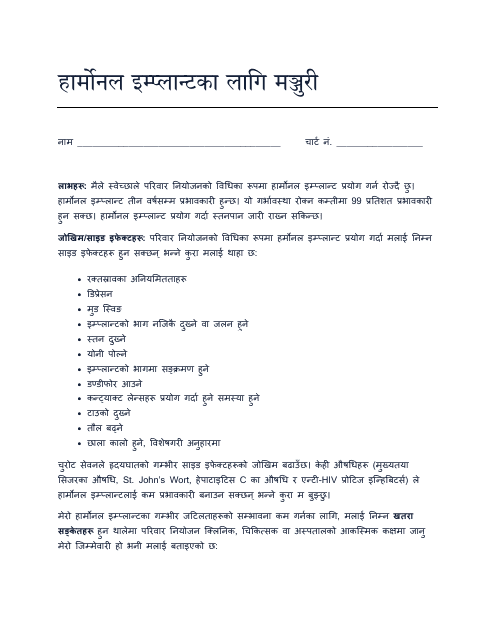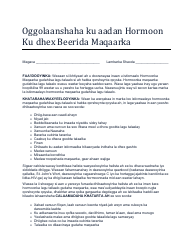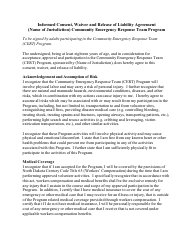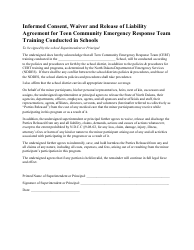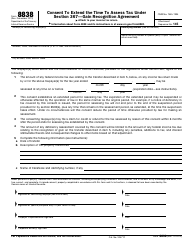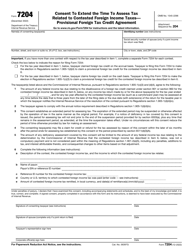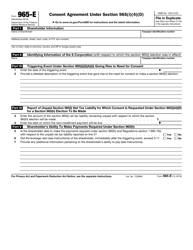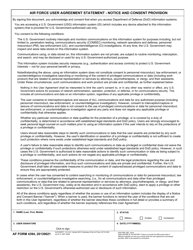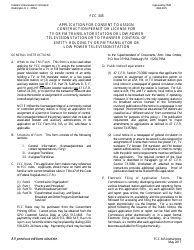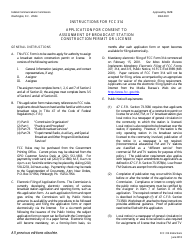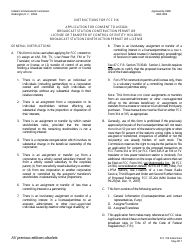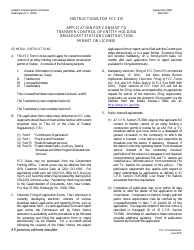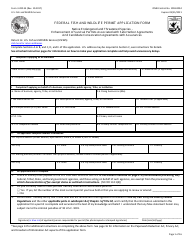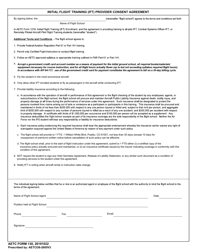Consent for Hormonal Implant - North Dakota (Nepali)
The "Consent for Hormonal Implant - North Dakota (Nepali)" is a document generally used in the state of North Dakota, USA. This document is intended for Nepali-speaking individuals and is used to detail information and gain consent regarding the use of hormonal implants, a form of birth control. The purpose of the document is to ensure that the individual understands the process, potential risks, and benefits of having a hormonal implant as a contraceptive method. By signing this consent form, the individual acknowledges that they have understood all the given information and agree to the procedure.
In North Dakota, the patient who is receiving the hormonal implant typically files the consent form. If the patient is under 18, consent is usually required from a parent or legal guardian. The document can be in Nepali if it has been made available in this language, but it's important to ensure it is properly understood by the provider and the patient. Please be aware this can vary according to specific state law and medical facility policy.
FAQ
Q: What is the 'Consent for Hormonal Implant - North Dakota' document in context of Nepali language?
A: The 'Consent for Hormonal Implant - North Dakota' document in Nepali language is a consent form that is translated to Nepali and is used to take permission from a patient in North Dakota who prefers Nepali language, for undergoing a hormonal implant procedure.
Q: What is a Hormonal Implant?
A: A Hormonal Implant is a type of long-term, reversible birth control. It's a small, thin rod about the size of a matchstick. The implant releases hormones into your body that prevent you from getting pregnant.
Q: Who can benefit from a Hormonal Implant?
A: Women seeking a long-term, reversible form of birth control can benefit from a hormonal implant. This method is ideal for those who want a low-maintenance solution that they don't have to think about every day.
Q: How commonly is Nepali spoken in North Dakota?
A: Nepali is not very commonly spoken in North Dakota. According to the U.S Census data, the Nepalese population in North Dakota is quite small. However, linguistic resources are provided to ensure that all residents have access to healthcare.
Q: What does it mean to give consent for Hormonal Implant in healthcare?
A: Giving consent for a hormonal implant in healthcare means the patient has been fully informed about the procedure, including its benefits, risks, and any alternative methods available, and they agree to proceed with the implant procedure.
Q: Is the Consent for Hormonal Implant - North Dakota document available in other languages?
A: Yes, to accommodate the diverse population in North Dakota, many health-related consent forms, including the Consent for Hormonal Implant, are commonly translated into multiple languages, which could include but is not limited to Nepali, Spanish, French, Chinese, and more.
